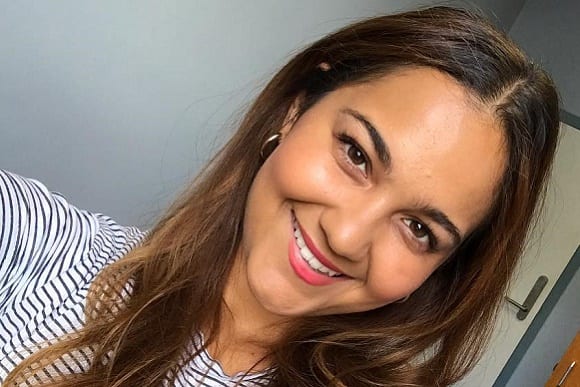
Marlee Paterson
Indigenous Health Scholarship
University of New South Wales, NSW
Doctor of Medicine
Scholarship Awarded 2020
Sponsored by:
Rotary Club of Botany Randwick
How will I contribute to improving Indigenous health as a qualified medical practitioner or health worker?
My name is Marlee Paterson. I am an Aboriginal woman of the Yidinji people of Far North Queensland. I am a 6th year Medical student.
My interested in Indigenous health began when I was in high school. As a result I would volunteer at my local Aboriginal Medical Service (AMS) during my school holidays. Throughout my years volunteering, I saw that the AMS treated their patients in a holistic manner, with a focus on providing services for physical, spiritual, cultural, emotional and socials needs. The AMS achieved this by employing and engaging a multi-disciplinary team that involved doctors, nurses, Aboriginal health worker, counsellors and social workers to meet the needs of the patients. I found this approach to be very effective and culturally appropriate for Aboriginal people, as I discovered that the AMS was not just treating an individual, but an individual connected to a family. The families’ of the patients would also become engaged with the services offered by the AMS and this meant the family units’ overall health needs were being met and health outcomes were improving.
However, every year in my community there were increasing amounts of mental health issues such as depression, anxiety, and suicides amongst Aboriginal adolescents and I became more interested in Mental Health.
Once I moved to Sydney to study Medicine, I started to seek out opportunities around Aboriginal and Torres Strait Islander health. I began working during
my university holidays for The George Research Institute as a researcher and worked on a program called Driving Change (DC) that helped young Aboriginal people get their licence. Whilst at DC I could see the barriers young Aboriginal people had to overcome to receive a licence and also the positive impact it had on their employment status, education and independence once they attained it.
I then became employed for a research project with the Black Dog Institute that addressed Mental Health in young Aboriginal people. This project was called iBobbly. IBobbly is a suicide prevention app for adolescent Aboriginal and Torres Strait Islander people in rural and remote settings. As the research cadet I was able learn first hand mental health first aid, strategies to support young Aboriginal people in rural contexts and other services and support available.
My broad experiences have lead to me to have a strong passion and interest in Aboriginal Adolescent Mental Health. I plan on becoming an Adolescent Psychiatrist. Given my previous experience of volunteering at my local AMS, I would like to employ similar strategies by approaching mental health in a holistic manner and have a treatment style encompassing more of an Indigenous perspective by implementing the additions of yarning circle, going back on country and addressing generational trauma.
Every year few Aboriginal and Torres Strait Islander people see a mental health service. Sometimes the cultural context of people’s trauma can be missed, which I have seen in some of my placements. Being able to relate to my patients, by understanding their cultural backgrounds, I can help with better mental and general health outcomes. I also want to break down the stigma of seeking mental healthcare and make it more accessible for those in remote communities to have access to talk to someone, through the use of technology.
Current Progressive Report
Current Progressive Report